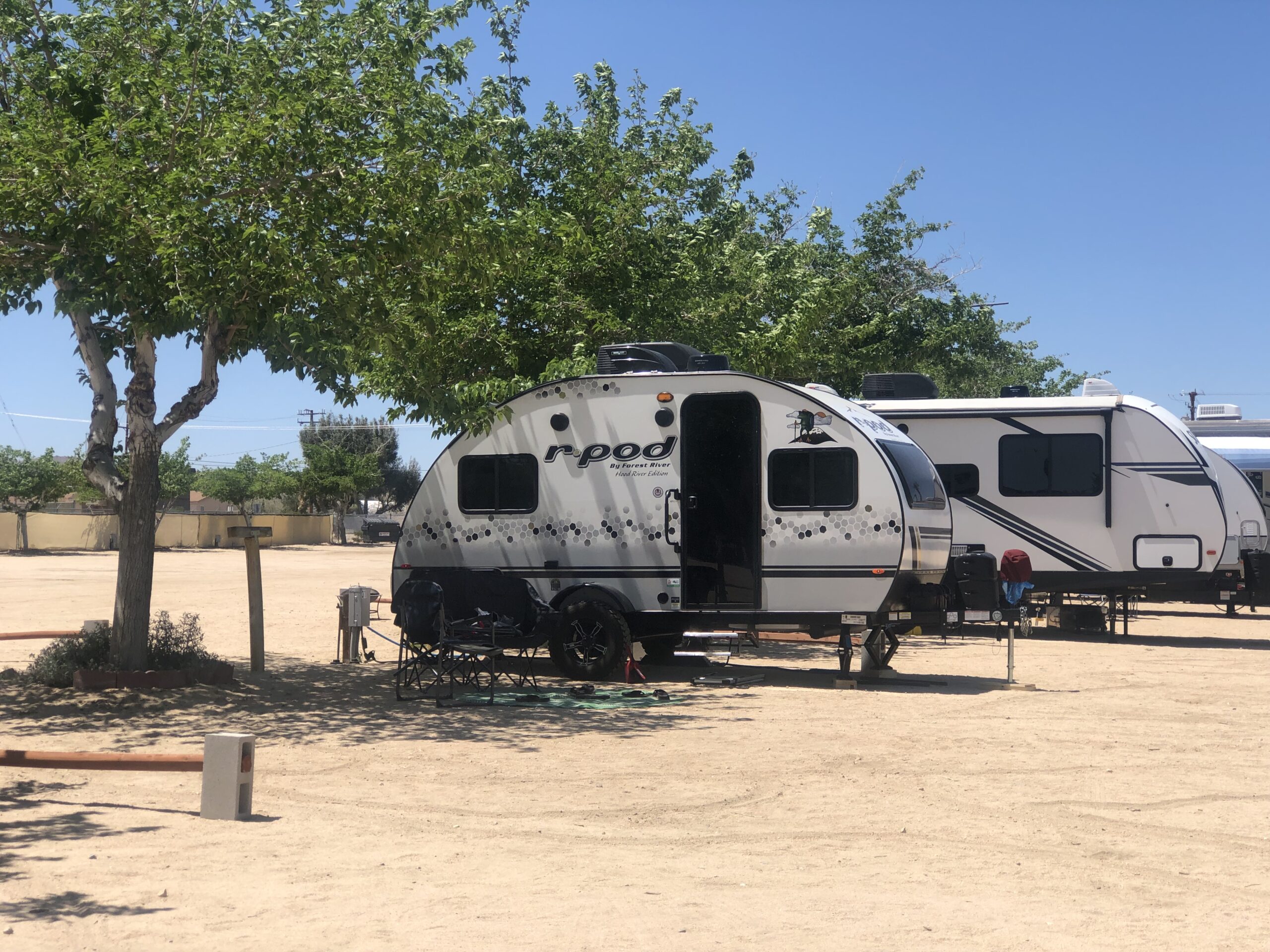Camping Etiquette Every Camper Should Know
09/11/23What can start out as a relaxing camping weekend can quickly turn sour if you or your camping neighbors don’t follow basic camping etiquette. There are many types of campers – tent, RV, cabin, and glamper campers – and we all camp for different reasons.
Regardless of the reason for your trip, being it a quiet few days or an intense celebration, it’s important to practice the universal camping code of conduct so that you and those around you have a wonderful time.

Know Thy Campground Rules
Camping rules should always be observed, whether posted at the campsite entrance or online. Make sure you and your camping crew are familiar with them. They’re in place to ensure all campers enjoy a positive camping experience.
Common courtesy dictates that visitors from another campsite not enter without first getting permission, as doing so could disturb those trying to sleep or enjoying stargazing at night.
Reduced noise levels is key when camping, which means avoiding loud music or speaking out during quiet times. Teaching your children to use internal voices and respect other campers is also highly recommended.
Respect Other Campers’ Space and Privacy
One of the key tenants of camping etiquette is respecting other campers’ space and privacy, such as keeping pets on a leash and leaving campsites cleaner than when you arrived.
No one wants to sleep with bright outside lights from neighbors blaring into their tent at night if they’re trying to relax or enjoy stargazing.
As part of being polite, it’s also best to avoid cutting across occupied campsites in order to reach bathrooms or beaches quicker. Remember, the person in the tent next to yours owns that space while they’re there, so they should be allowed to use it uninterrupted.
Observe Quiet Times
Quiet times at every campground are designed to ensure everyone can rest easily. Chatting loudly, playing music loudly, or using your generator late at night are all bad camper etiquette that may disturb or even wake your neighbors.
If your campground features shared bathrooms, show consideration for other campers by using them without blocking others or forcing them to wait excessively long for their turn. Furthermore, do not enter another site without first receiving explicit permission to do so.
If you observe a fellow camper struggling to back in their RV or set up their tent, offer to assist them as this would not only be polite but could save them the hassle and potential damage to their vehicle or RV.
Keep Your Pets on a Leash and Children Supervised
It is often required (and always a good idea) to keep pets on leashes at all times. Dogs may run freely through neighboring campsites and knock over tents or other equipment.
Experienced campers understand the significance of campground etiquette. However, families with young children should make a point of reinforcing outdoor rules like curfews and other rules of the campground before arriving there. Children tend to act differently while on vacation than when at home – running amok can ruin everyone’s camping experience!
Respect the Environment and Wildlife
Camping requires respecting both the environment and animals that call the campground home. Loud noises that could disrupt their rest or cause stress, which in turn creates an uncomfortable camping experience for all around.
Tent walls are thin and camper doors open freely, meaning loud voices, screaming children or music can quickly travel across campsites. Be mindful to speak in quiet or normal tones when outside your RV.
Do not stare as other campers maneuver their RV into their sites, or while they are busy unhooking, setting up, and getting ready for their stay, Instead, offer to help if possible if someone appears to be struggling; maybe offering assistance with tire changes when appropriate.
Store Your Food and Trash Properly
Food left lying around your camping site can be both dangerous to yourself and an attractant for hungry raccoons and other critters. Any raw meat must be double-bagged before being stored in your cooler and later discarded through an appropriate means (usually via the campground’s dumpster) when ready to leave the campground.
Although it may be tempting to stay up late telling campfire stories, many campgrounds enforce quiet time rules. Be considerate of your neighbors by adhering to quiet hours (which vary depending on your campground), including no loud talking or generator use during this period.
Never Leave a Campfire Unattended
Make sure to completely put out the fire before sleeping, heading out for the day, or at the end of your trip. This means making sure the embers are completely snuffed out. Otherwise, you could endanger the safety of everyone.
Kids camping should always be under close supervision, but they should also understand they should leave others’ toys, bicycles and gear alone for safety purposes. This practice not only ensures their own well-being but can teach kids respect for those belonging to others.
